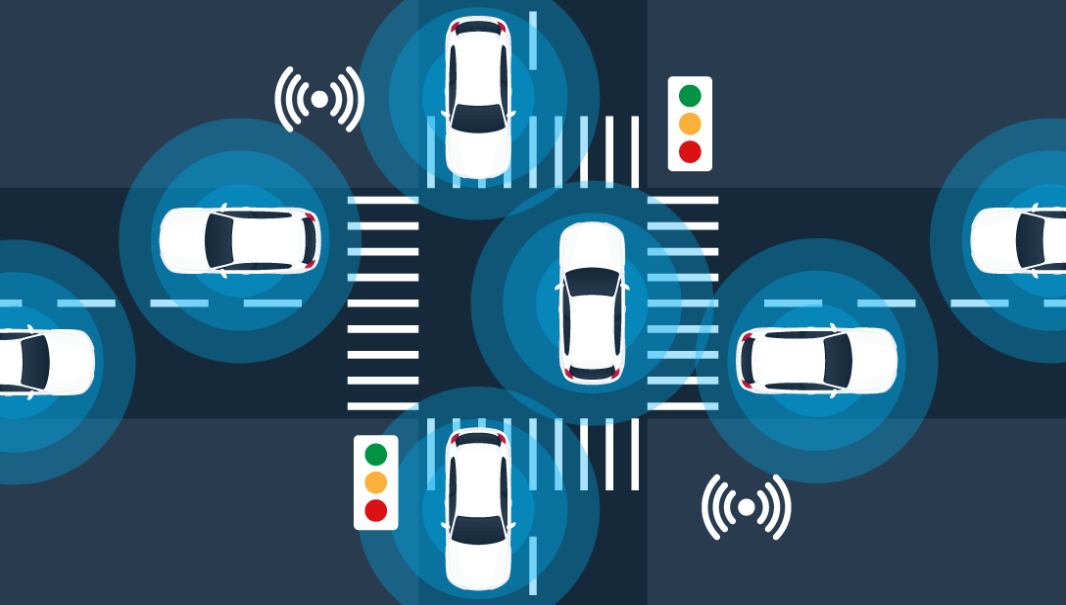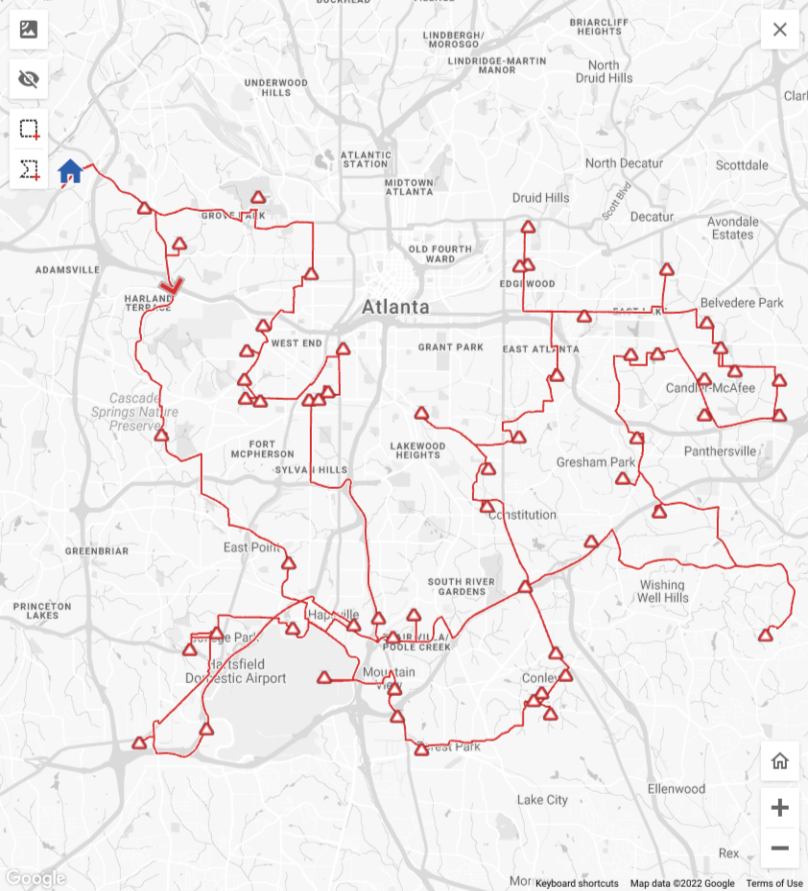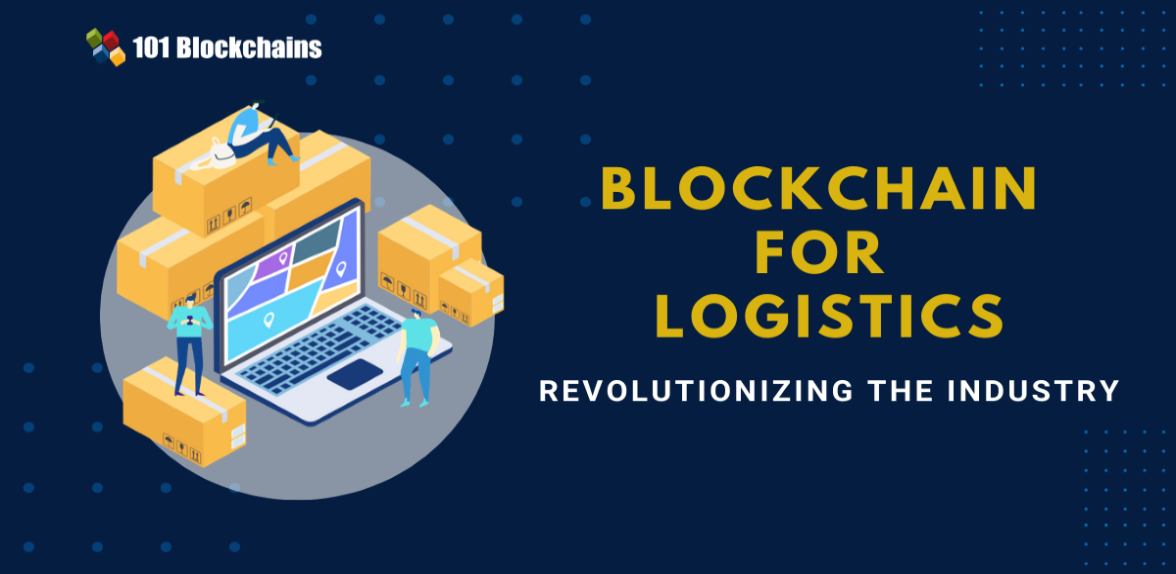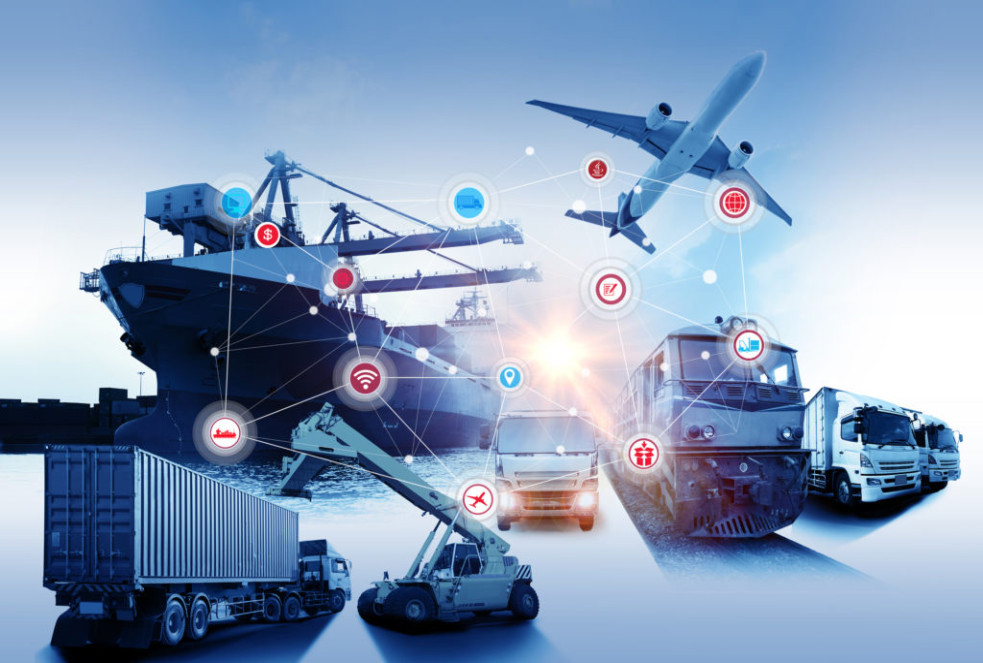Revolutionizing the Trucking Industry with Cutting-Edge Technology
Modern Innovations in Trucking Logistics
The trucking industry has witnessed remarkable changes due to tech advancements. From automated systems to real-time tracking, technology is transforming logistics. This evolution is reshaping how companies manage their fleets and deliver goods efficiently. One of the most significant innovations in this sector is the integration of telematics. This technology helps in monitoring vehicle health, driver behavior, and fuel consumption.

Telematics systems have become invaluable for fleet managers. They offer insights into various metrics like speed, braking patterns, and idle time. This data helps in improving safety measures and optimizing routes. Additionally, predictive maintenance is another benefit. It allows companies to address potential issues before they become problematic, reducing downtime and repair costs.
In recent years, the adoption of telematics has not only improved operational efficiency but also contributed to a significant reduction in accidents. This is because the real-time data provided by telematics systems allows fleet managers to immediately address risky driving behaviors. Furthermore, these systems have proven to be invaluable in cases of vehicle theft. By providing real-time location data, stolen vehicles can be quickly recovered, minimizing losses for trucking companies.
Route Optimization and Fuel Efficiency
In the quest for efficiency, route optimization tools have gained prominence. These tools use algorithms and real-time data to determine the most efficient routes. This not only saves time but also reduces fuel consumption. Fuel efficiency is a critical aspect of trucking logistics. With fluctuating fuel prices, companies are keen on minimizing expenses. Advanced route planning ensures that trucks spend less time on the road and avoid congested areas.

Moreover, the use of electric and hybrid trucks is on the rise. These vehicles are designed to be more fuel-efficient and environmentally friendly. They produce fewer emissions compared to traditional diesel trucks. As regulations around emissions become stricter, the adoption of these vehicles is expected to increase. Companies are also exploring alternative fuels such as biodiesel and natural gas. These options offer a sustainable way to power trucks while reducing the carbon footprint.
Electric and hybrid trucks are not only better for the environment but also offer long-term cost savings. Despite the higher initial investment, the reduced fuel and maintenance costs make them a financially viable option in the long run. Additionally, advancements in battery technology are extending the range of electric trucks, making them a more practical option for long-haul routes. This shift towards greener technology is also improving the public image of trucking companies, helping them attract environmentally-conscious clients and partners.
Automation and Autonomous Trucks
Automation is another frontier in trucking logistics. Autonomous trucks, though still in the experimental phase, promise to revolutionize the industry. These trucks are equipped with sensors, cameras, and artificial intelligence to navigate roads without human intervention. The potential benefits are immense — reduced labor costs, fewer accidents, and increased efficiency.
However, there are challenges to overcome. Regulatory frameworks need to be established to ensure the safe operation of autonomous trucks. There are also ethical considerations regarding job displacement. Despite these hurdles, the progress made in this area is encouraging. Companies and researchers are continuously working to refine the technology and make autonomous trucks a viable option.
In addition to these challenges, there are also technical hurdles that need to be addressed. For instance, autonomous trucks must be able to operate safely in all weather conditions, which requires advanced sensor technologies. Moreover, ensuring cybersecurity for autonomous systems is crucial, as any vulnerability could have catastrophic consequences. Despite these obstacles, the ongoing investments and innovations in this field suggest that fully autonomous trucks may become a reality sooner than we expect. The potential for 24/7 operation without the need for driver breaks could dramatically increase the efficiency of freight transport.
Blockchain in Trucking Logistics
Blockchain technology is making waves in various industries, and trucking logistics is no exception. This technology offers a secure and transparent way to record transactions and track goods. In trucking, blockchain can streamline processes such as freight matching, payments, and documentation. It eliminates the need for intermediaries and reduces the risk of fraud.
Smart contracts, a feature of blockchain, automate transactions based on predefined conditions. This ensures that payments are made only when certain criteria are met, reducing disputes and enhancing trust between parties. The immutability of blockchain records also provides a reliable audit trail, making it easier to track the movement of goods and verify their authenticity.

Blockchain technology also has the potential to revolutionize supply chain transparency. By providing a tamper-proof record of every transaction, blockchain can help ensure that all parties in the supply chain are held accountable. This is particularly beneficial in industries where product authenticity and ethical sourcing are important. For example, in the food industry, blockchain can be used to trace the journey of produce from farm to table, ensuring that it has been sourced sustainably and ethically. Similarly, in the pharmaceutical industry, blockchain can help prevent the distribution of counterfeit drugs by providing a verifiable record of each drug’s origin and journey through the supply chain.
Driver Assistance Systems
Driver assistance systems are enhancing safety and improving the driving experience. These systems include features like adaptive cruise control, lane-keeping assist, and collision avoidance. They use sensors and cameras to monitor the surroundings and assist the driver in maintaining control. By reducing the chances of human error, these systems contribute to safer roads and fewer accidents.
Adaptive cruise control, for instance, adjusts the truck’s speed based on the traffic flow. Lane-keeping assist ensures that the vehicle stays within its lane, even on winding roads. Collision avoidance systems can detect obstacles and apply brakes automatically to prevent accidents. These technologies are becoming standard in modern trucks and are a testament to how technology is advancing trucking logistics.
Enhanced Communication and Connectivity
Connectivity is crucial in modern trucking logistics. Advanced communication systems enable real-time interaction between drivers, fleet managers, and clients. This connectivity ensures that everyone is on the same page, leading to smoother operations. Fleet management software integrates various aspects of trucking logistics, from dispatching to invoicing, into a single platform.
- Improved driver communication
- Efficient dispatching and scheduling
- Real-time tracking of shipments
- Streamlined invoicing and payments
The Internet of Things (IoT) plays a significant role in enhancing connectivity. IoT devices installed in trucks collect and transmit data to a central system. This data is then analyzed to provide actionable insights. For instance, IoT sensors can monitor tire pressure and alert the driver if it drops below a certain level. This proactive approach helps in preventing breakdowns and ensuring that the trucks are always in optimal condition.
Moreover, IoT technology can also be used to monitor driver health and fatigue levels. Sensors can detect signs of drowsiness or distraction and alert the driver or fleet manager, potentially preventing accidents. This level of monitoring not only enhances safety but also helps in maintaining driver well-being, which is crucial for long-term operational efficiency. The integration of IoT with other technologies like AI and machine learning can further enhance its capabilities, providing predictive analytics that can foresee potential issues before they become critical problems.
Challenges and Future Prospects
While technology offers numerous benefits, there are challenges that the trucking industry must address. Cybersecurity is a significant concern as more systems become interconnected. Protecting data and preventing cyberattacks is paramount. Companies must invest in robust security measures to safeguard their operations.
Another challenge is the initial cost of adopting new technologies. Although these innovations offer long-term savings, the upfront investment can be substantial. Smaller companies may find it difficult to allocate resources for such investments. However, as technology becomes more accessible, the cost barrier is expected to reduce.
The future of trucking logistics looks promising with continued advancements in technology. From autonomous trucks to blockchain, these innovations will shape the industry in the coming years. Companies that embrace these changes will be better positioned to thrive in an increasingly competitive market. As technology continues to evolve, the trucking industry will undoubtedly see more exciting developments that will further enhance efficiency and sustainability.
In conclusion, the trucking industry is on the cusp of a technological revolution. The integration of telematics, route optimization, automation, blockchain, driver assistance systems, and enhanced connectivity is transforming how goods are transported. While challenges like cybersecurity and initial costs remain, the long-term benefits of these technologies are undeniable. Companies that invest in and adopt these innovations will not only improve their operational efficiency but also contribute to a more sustainable and safer future for the trucking industry.










